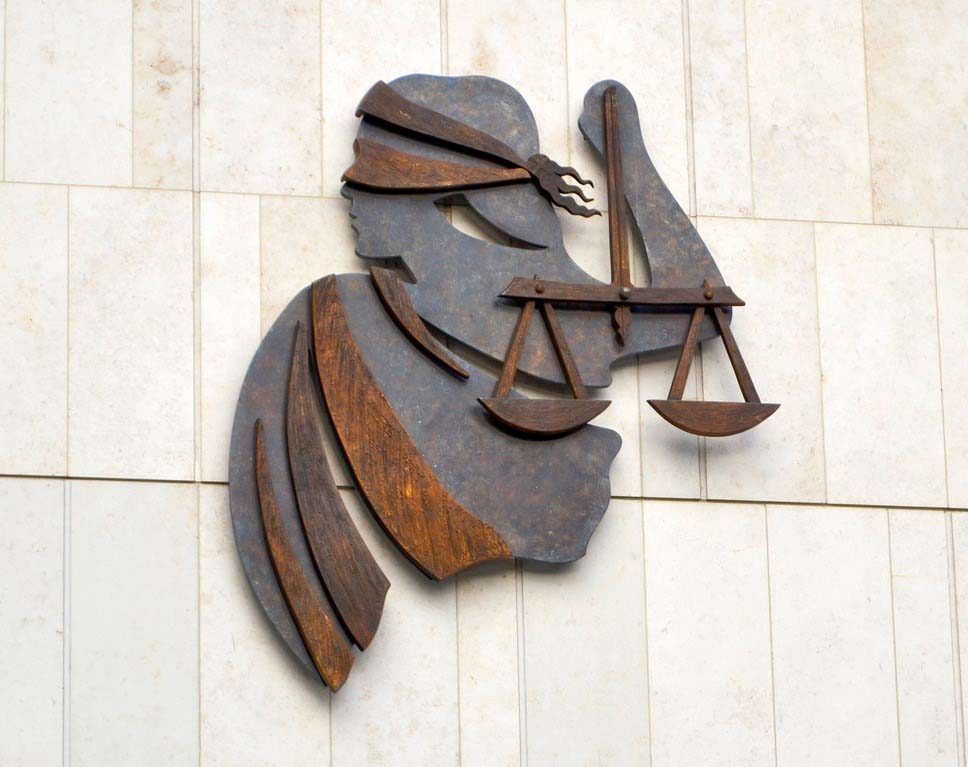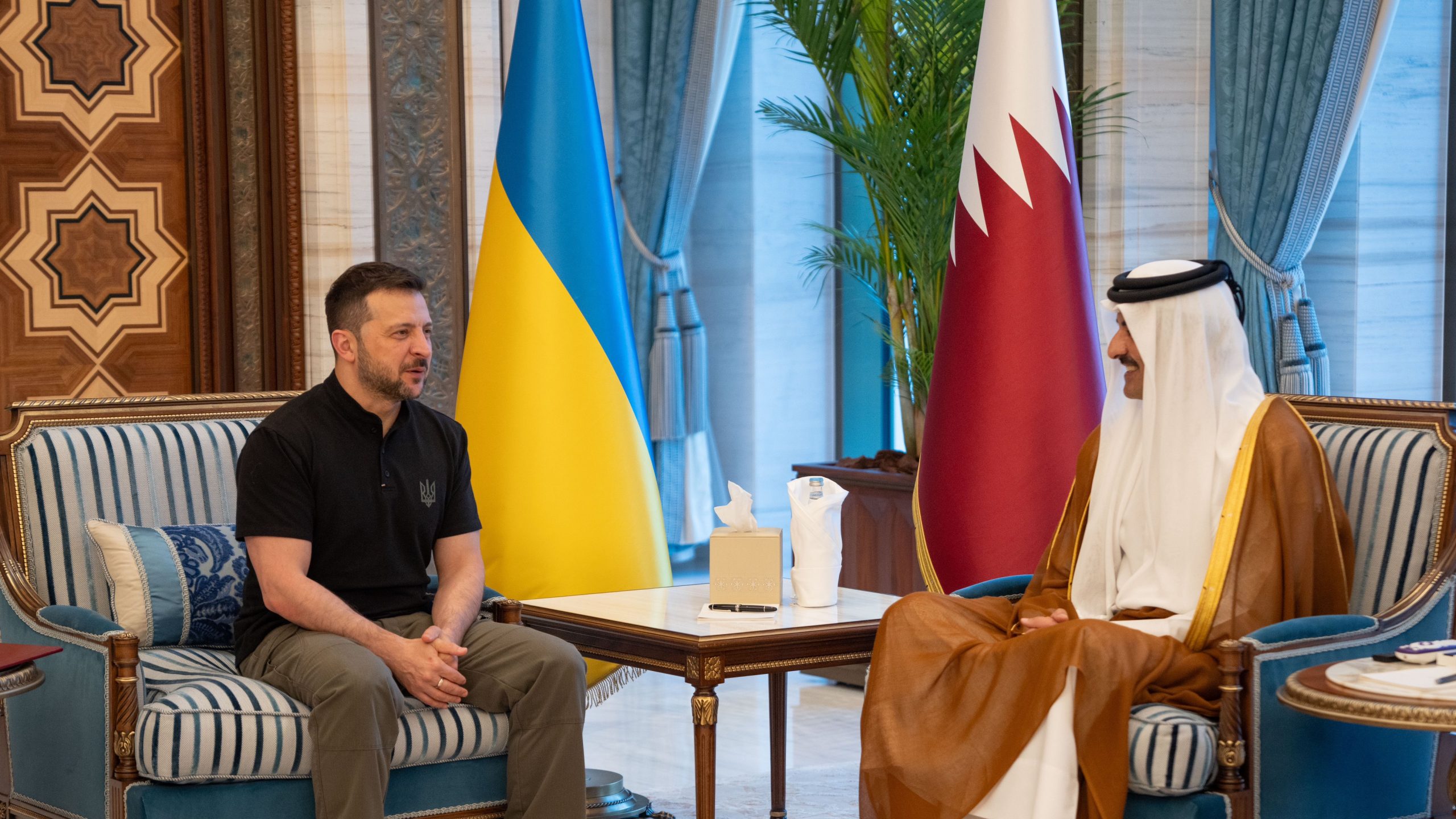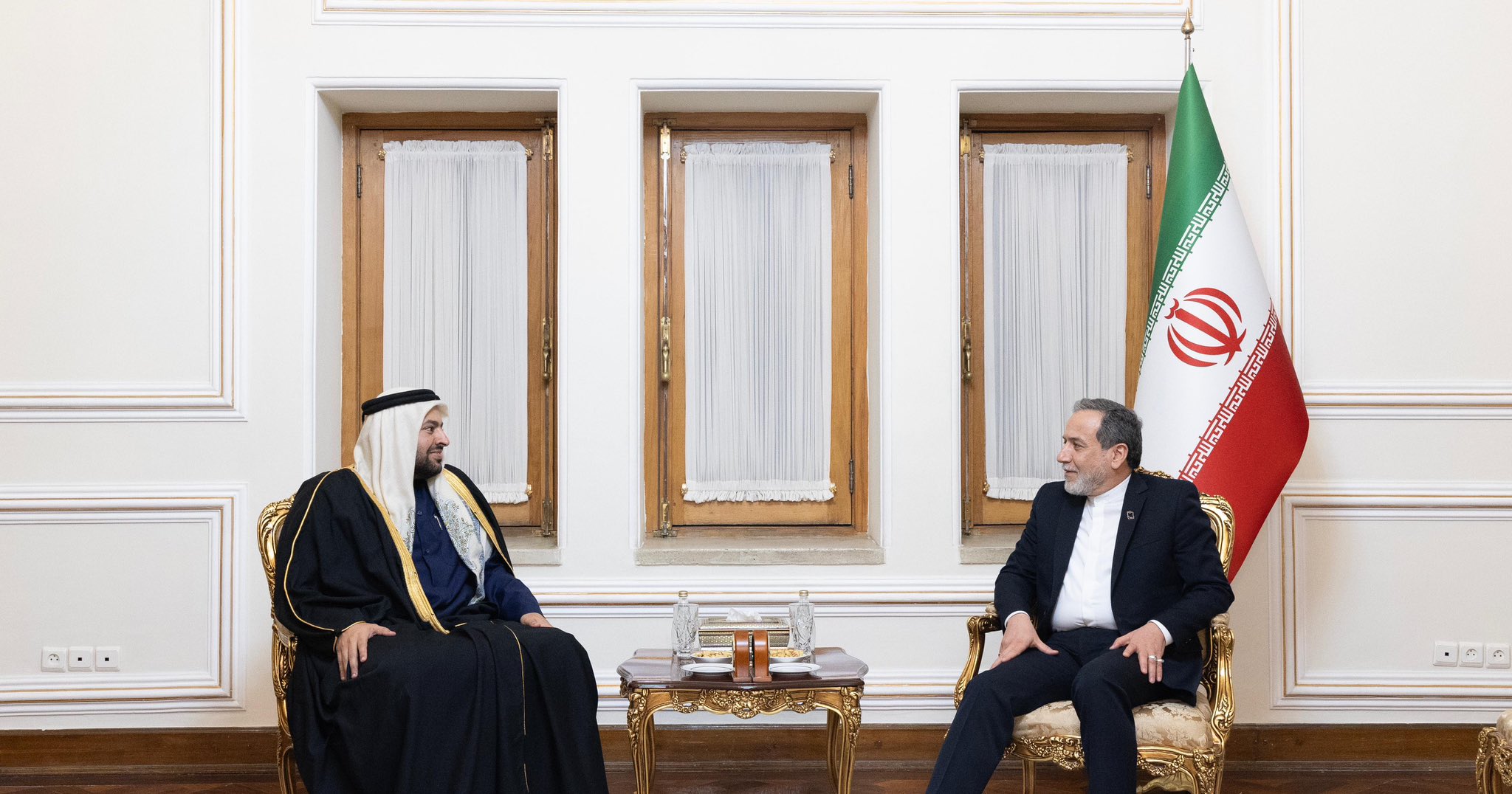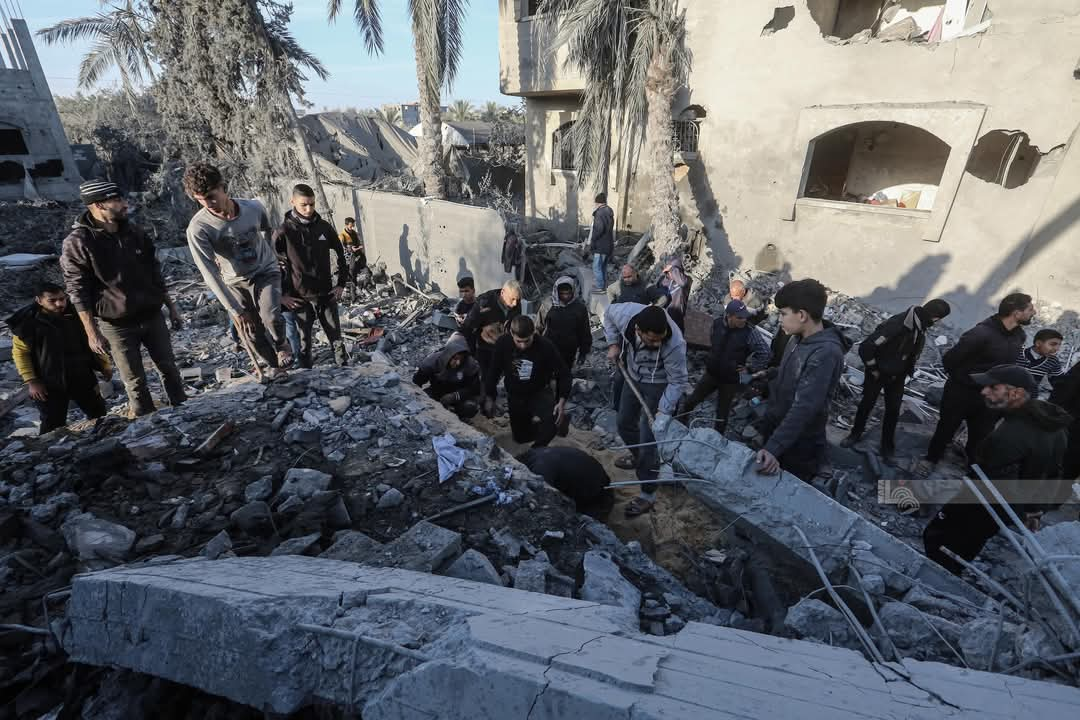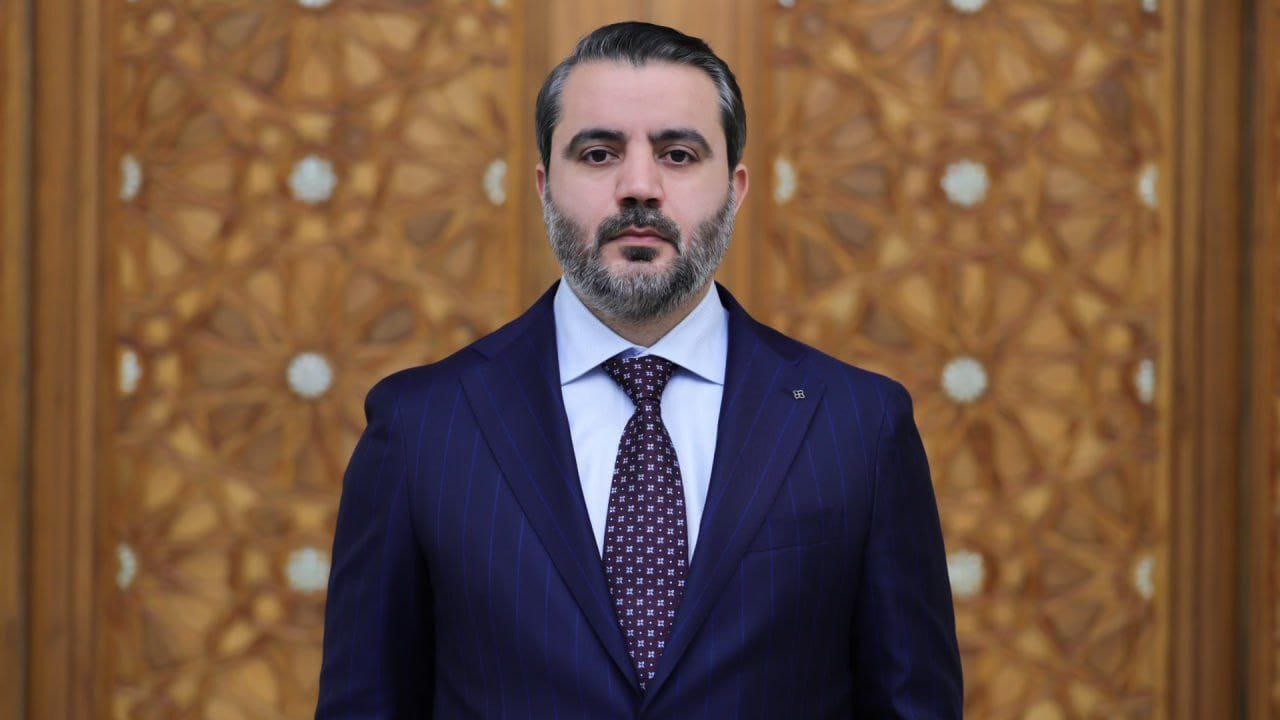
Qatar officials have reportedly filed a libel lawsuit against a former FIFA executive who called the Gulf state “a cancer on world football.”
German newspaper Bild reported that the government and the Qatar Football Association are suing Theo Zwanziger, whose four-year term on FIFA’s executive committee ended in May, over comments he made in a radio interview earlier this month.
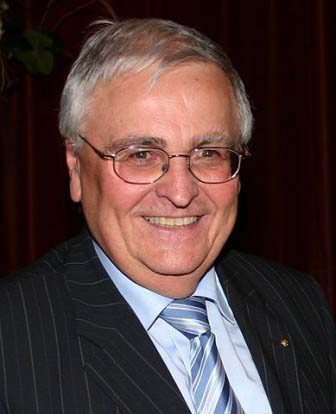
Zwanziger has been one of Qatar’s most high-profile critics in recent years, predicting last September that the country would lose the right to host the 2022 World Cup because of the country’s intense summer heat.
He maintained that it was a mistake to hold the tournament in Qatar even as FIFA moved toward changing the World Cup schedule to hold matches in the country’s cooler months.
The Qatar embassy in Germany called Zwanziger’s most recent comments an “unacceptable slander and vilification of the citizens and community” in a statement that was subsequently posted online by a German journalist.
“Qatar is open to objective criticism and controversial discussions – even if criticism is not justified,” the statement added. “Freedom of expression is allowed but that does not include the right to defame and insult by using a term like ‘cancerous growth.’”
The Qatar embassy in Germany declined to comment on the case or confirm the authenticity of the statement when contacted by Doha News yesterday.
There was no indication of what restitution Qatar was seeking from Zwanziger, who said in a statement to Spiegel Online that “Should there be a lawsuit, I will face it calmly.”
French lawsuit

This is the second time in as many weeks that Qatar has launched legal action against a high-profile European critic of the country.
On June 1, the government said it was suing French politician Florian Philippot, the deputy leader of the far-right National Front party, according to Reuters.
Philippot accused Qatar and Saudi Arabia of “funding an Islamism that kills” in a radio interview that was broadcast two days after gunmen stormed the offices of Paris-based satirical publication Charlie Hebdo and killed 12 people.
“Mr. Philippot has repeatedly and publicly implied a link between these terrorist acts and the State of Qatar, affecting the reputation of Qatar and all its citizens,” the Gulf state’s embassy in Paris said in a statement, according to the newswire.
Evolving strategy
While accusations that Qatar supports extremists is not new, the Gulf country’s public response appears to signal a shift in managing public criticism.
Over the last year, Qatar has faced allegations by journalists, the US government and even a German government minister that it funds armed groups such as ISIL, or at least allows its residents to privately finance the armed group.
While officials have explicitly denied such accusations, they have rarely rebuffed individual critics, let alone taken legal action.
The lawsuits come amid a broader public relations push that includes the recent establishment of a Government Communications Office in Qatar that’s responded to high-profile issues such as the detention of foreign journalists.
Some of the country’s foreign diplomats have also been seen going on the offensive, including Qatar’s ambassador to the US, Mohammed Al Kuwari:
Qatar 2022 World Cup bid was conducted with integrity and to the highest ethical standards. @DeliverAmazing
— Mohamed Jaham (@Amb_AlKuwari) May 29, 2015
The attack against #Qatar2022 is based on prejudice. They don't want to see an Arab state host the competition. http://t.co/fybXKoW5pz
— Mohamed Jaham (@Amb_AlKuwari) June 3, 2015
More recently, GCC information ministers agreed last week to “encourage” journalists in the Gulf to support Qatar’s right to host the World Cup in their coverage.
Thoughts?

